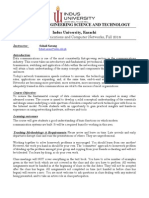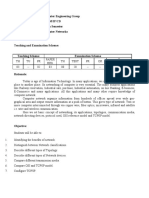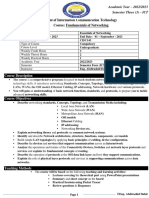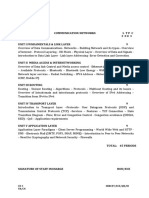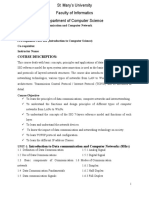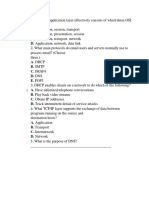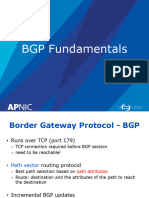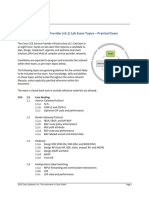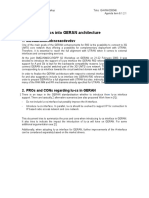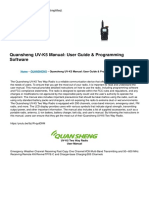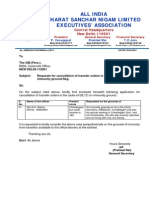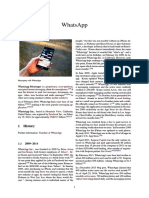0% found this document useful (0 votes)
6 views8 pagesData Com
The document outlines a course schedule covering data communication and networking fundamentals over 16 weeks. Topics include network topologies, transmission media, communication models, networking devices, and multiplexing. Each week features specific lectures and discussions based on designated chapters from the course textbook.
Uploaded by
Shaber atashCopyright
© © All Rights Reserved
We take content rights seriously. If you suspect this is your content, claim it here.
Available Formats
Download as PDF, TXT or read online on Scribd
0% found this document useful (0 votes)
6 views8 pagesData Com
The document outlines a course schedule covering data communication and networking fundamentals over 16 weeks. Topics include network topologies, transmission media, communication models, networking devices, and multiplexing. Each week features specific lectures and discussions based on designated chapters from the course textbook.
Uploaded by
Shaber atashCopyright
© © All Rights Reserved
We take content rights seriously. If you suspect this is your content, claim it here.
Available Formats
Download as PDF, TXT or read online on Scribd
/ 8
